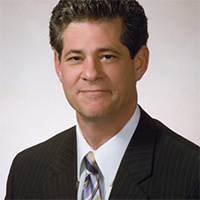Blackstone Criminal Lawyer, Virginia
Sponsored Law Firm
-
 x
x

Click For More Info:
-
Tillotson & Martin, LLP
DWI/DUI Defense throughout the Entire Commonwealth of Virginia » view mapCriminal Defense Virginia’s Premier DWI/DUI Defense Firm
Michael C. Tillotson is the one to choose when it comes to DWI/DUI defense in Virginia.
800-878-1431
Michael Glendon Henkle
✓ VERIFIEDGlen Henkle is a lifelong Virginian whose family has proudly called this state home for over 200 years. Although born in Richmond, he was raised and a... (more)
Stephen Vaughan Sommers
✓ VERIFIEDSTEPHEN V. SOMMERS (licensed in Virginia 1999, Texas (1997), Maryland (1996)), was born at Camp Pendleton, CA, October 4, 1956 and educated at Troy St... (more)
Wayne Barry Montgomery
✓ VERIFIEDMr. Montgomery has over 15 years of trial litigation experience in criminal law, personal injury law (car accidents and medical malpractice) and emplo... (more)
Daniel James Bounds
✓ VERIFIEDDaniel J. Bounds founded Bounds and Bounds, PLLC in 2022 and serves as the Managing Partner of the Firm. Before practicing law, Daniel accumulated hi... (more)
Joseph McGrath
✓ VERIFIEDIf you have to go to court, put experience on your side with Joe McGrath Attorney at Law. Virginia Traffic Court & DUI Attorney. Joe McGrath has been ... (more)
Jason Moore
Jason Moore is a life long resident of Central Virginia. He graduated from Uva where he majored in History, and worked at the school paper. He took a... (more)
FREE CONSULTATION
CONTACTFREE CONSULTATION
CONTACT Michael Tillotson Newport News, VA
Michael Tillotson Newport News, VA AboutTillotson & Martin, LLP
AboutTillotson & Martin, LLP Practice AreasExpertise
Practice AreasExpertise






